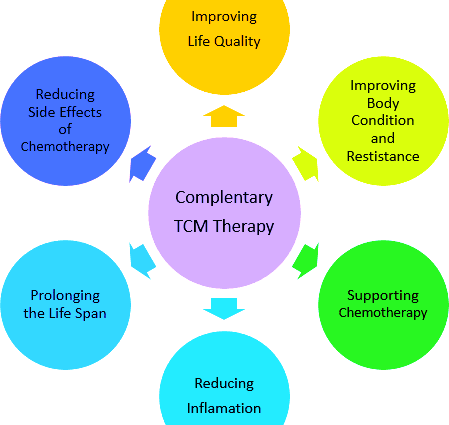Contents
Complementary approaches to lung cancer
Here are the complementary approaches studied with people with various forms of cancer. |
In support of and in addition to medical treatments | ||
Acupuncture, visualization. | ||
Massage therapy, autogenic training, yoga. | ||
Aromatherapy, art therapy, dance therapy, homeopathy, meditation, reflexology. | ||
Qi Gong, Shark Cartilage, Shark Liver Oil, Reishi. | ||
Naturopathy. | ||
Beta-carotene supplements in smokers. | ||
Complementary approaches to lung cancer: understand everything in 2 min
Some complementary approaches may improve the quality of life people with cancer, regardless of the type of cancer. These treatments mainly rely on the interactions between thoughts, emotions and the physical body to bring well-being. It is possible that they have an effect on the evolution of the tumor. In practice, we see that they can have one or other of the following effects:
- improve the feeling of bodily and psychological well-being;
- bring pleasure and calm;
- reduce anxiety and stress;
- reduce fatigue;
- reduce nausea following chemotherapy treatments;
- improve appetite;
- improve the quality of sleep.
For an overview of the scientific evidence supporting the effectiveness of these approaches, see our Cancer fact sheet (overview).
Several foundations or associations offer, for example, art therapy, yoga, dance therapy, massage therapy, Qigong or meditation workshops. The International Institute of Medical Qi Gong, a training school in Traditional Chinese Medicine located in California, has been helping to expand the practice of Qi Gong médical. The institute offers Qigong exercise protocols designed for people with lung cancer. See the Sites of Interest section. |
Improve indoor air quality. The Dr Andrew Weil suggests that residents of large metropolises equip their homes with a HEPA (High Efficiency Particulates Air) air purifier to remove harmful particles31 circulating there.
Naturopathy. Read the Cancer fact sheet (overview) for more details.
Beta-carotene in supplements. The National Cancer Institute in the United States recommends that smoking not to consume beta-carotene in the form of supplements34. Cohort studies have linked taking beta-carotene supplements, at a dose of 20 mg or more per day, and a slightly increased risk of lung cancer and death in smokers.12-15 . It is not known whether this adverse effect persists when beta-carotene is taken in combination with other carotenoids in supplements. The phenomenon remains unexplained since the beta-carotene which comes from the food exerts, him, a preventive effect.










